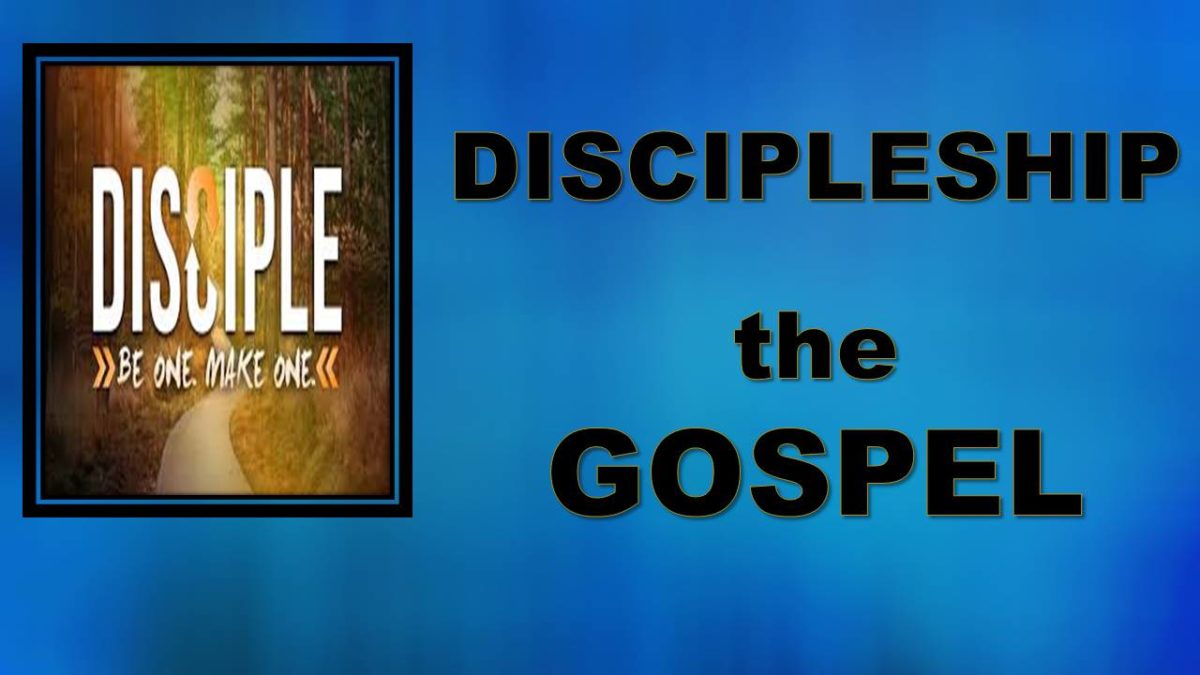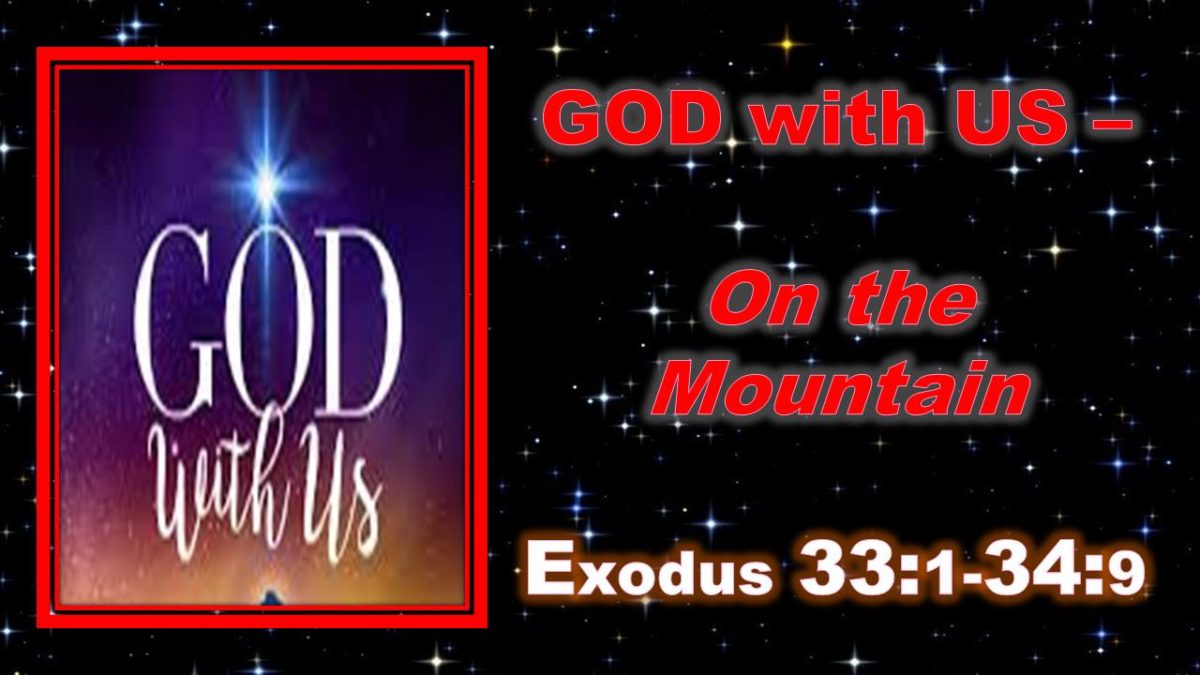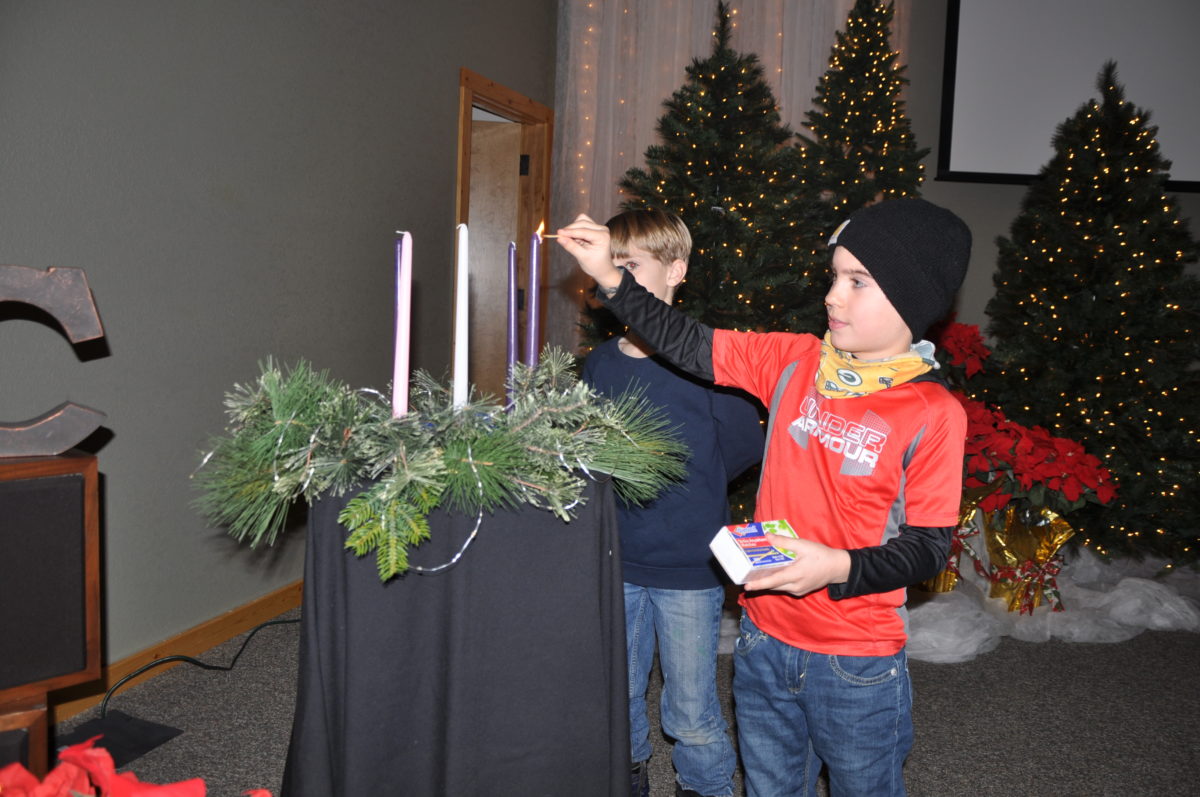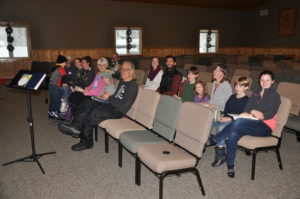What’s your mental image of Jesus? Do you think of His kindness or love? Do you see Him hating sin and rebellion against His Father?
In Luke 20 we find Jesus in Jerusalem, after entering the city as the rightful king of the Nation of Israel and the whole earth. He’s cleansed the Temple (19:45-48). He’s rebuffed a challenge to His authority (20.1-8). Now, He tells a parable, in 20.9-19. Set against a Old Testament parable from Isaiah 5.1-7, in which God removes Israel, which is likened to an unproductive vineyard, Jesus tells The Parable of the Wicked Tenants.
The Nation rejected, because of rejection of God’s authority in JESUS (:9-16a). Jesus is up to something here. In Jesus’ retelling of this parable the land-owning farmer represents God. But we have the addition of tenants. Who are they? And who are the servants sent to them? And what is the vineyard?
The parable unfolds in six scenes. They aren’t hard to follow. The land-owning farmer, having left his vineyard for an appropriately long period of time, sends servants to collect produce. Each is treated badly by the tenants, disrespected, and turned out. Finally, the land-owner sends his own son (:13). The idea is that he has no one more important to send! The tenants, however, reserve their worst treatment for the son, casting him out and killing him outside the vineyard. “Reasoning among themselves” they expect the vineyard will become theirs, if the landowner and his son are dead, which they now believe to be true for both.
The parable ends with Jesus asking an obvious question. “What then will the owner of the vineyard do to them. He will come and destroy those tenants and give the vineyard to others?” (:15b-16).
All others rejected, who reject God’s authority in JESUS (:16b-19). At this point in the passage the parable ends. The crowd Jesus addressed exclaims, “Surely not!” And Jesus looks at them (with compassion, I believe).
It’s clear at this juncture who the tenants are, and who are represented by the servants. The Old Testament is replete with passages condemning the Nation for its rejection of the prophets, sent from God. From the day that your fathers came out of the land of Egypt to this day I have persistently sent all my servants the prophets to them, day after day. Yet they did not listen to me or incline their ear, but stiffened their neck. They did worse than their fathers (Jeremiah 7.25-26; and many other passages).
But what is the vineyard? It can’t be Israel, as in the Isaiah parable, since Israel is already represented by the tenants. And who are “the others” who will receive the vineyard?
The vineyard in this parable should be seen as the place of God’s blessing. It’s bigger than Israel, and includes others besides the physical descendants of Abraham. It is the Kingdom of God Jesus will rule over at His coming. It includes a remnant of the physical descendants of Abraham (Rm 11), thus fulfilling Gods promises to Abraham. But, it also includes anyone else who receives Jesus. God is not rejecting one people and bringing in another. He’s adding to the existing people who love God (Rm 11.11-12). God is a multiplying God, not a subtracting or dividing God.
And Jesus is so important that to reject Jesus is to reject everything God is and does. To receive Jesus is to receive God and find blessing. That’s why Jesus quotes Ps 118.22, The stone that the builders rejected has become the cornerstone” … Everyone who falls on that stone will broken to pieces, and when it falls on anyone, it will crush him (:17-18).
How’s your mental picture of Jesus now? Does it allow you to conceive of Jesus as one who will crush God’s enemies?
Before you answer, consider one more thing: Jesus’ death will be the supreme expression of His love. Romans 3.23-25 makes the point: … for all have sinned and fall short of the glory of God, and are justified by his grace as a gift, through the redemption that is in Christ Jesus, whom God put forward as a propitiation by his blood, to be received by faith. This was to show the righteousness at the present time, so that he might be just and the justifier of the one who has faith in Jesus.
Yes, JESUS will crush God’s enemies at His return. But first, JESUS took their sin on Himself and was Himself crushed for them. In this way, JESUS expressed the holiness and love of God at the same time. Now, those who depend on JESUS by faith enter God’s blessing.
Peter will soon preach to the leaders of the Nation, after Jesus’ resurrection: This Jesus is the stone that was rejected by you, the builders, which has become the cornerstone. And there is salvation in on one else, for there is no other name under heaven given among men by which we must be saved (Acts 4.11-12).
No JESUS, no blessing … Know JESUS, know blessing.
Here’s a couple of questions to ask with others:
- What are the dangers of casting Jesus in our own image? In other words, what aspects of Jesus’ person do we tend to emphasize and what aspects are we inclined to leave out? (In still other words, how do we relate to this parable where Jesus will bring judgment from God?)
- What does this parable teach about the important of urgency in taking refuge in Jesus?
- What are the dangers of merely behaving religiously and drifting with Gods people? How do we know that we aren’t doing that?









